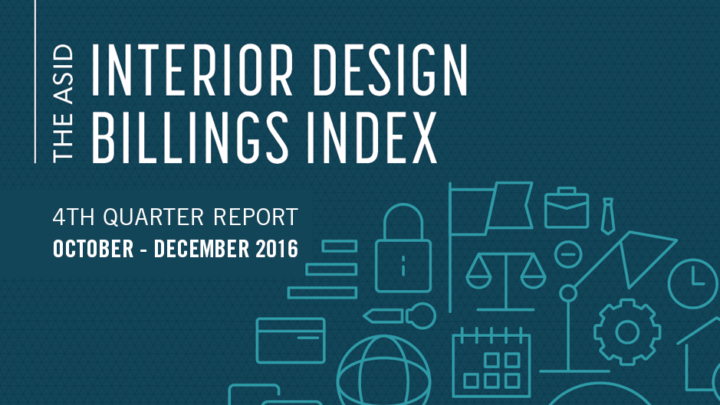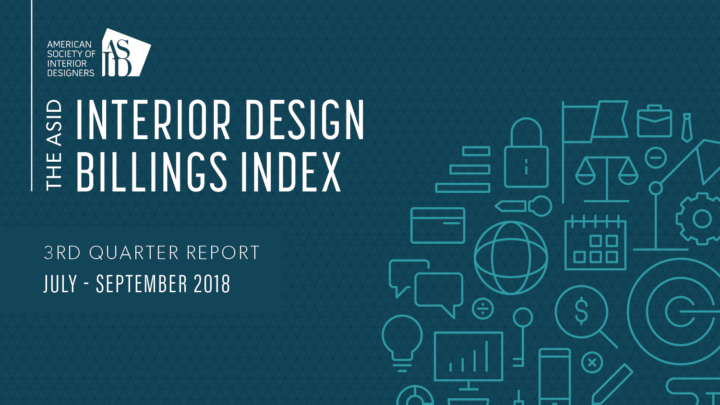Designing for Adults with Intellectual Development Diversities

Transform Grant Research Project
Full Title: Designing for Adults with Intellectual Development Diversities - An Integrative Approach
Research Team: Angela Bourne, Ph.D.; Kristi S. Gaines, Ph.D.; and Debajyoti Pati, Ph.D.
Institution: Texas Tech University
The number of individuals with Autism Spectrum Disorder (ASD) transitioning to adulthood is growing, and support for independent living has been instigated and focused on the creation of communities with “village” like atmospheres rather than institutions to help individuals with ASD transition from their homes more smoothly. This grounded theory research examined how people with I/IDD use their senses to comprehend their physical surroundings and perform tasks of daily living. Content analysis of five intentional housing and work communities throughout the United States for this population was examined and analyzed to inform the design of optimum communities. Fiftyeight adults with I/IDD and their support staff who lived, learned, and worked in these communities were observed and interviewed to capture the quality of the person-environment fit in these settings. New evidence revealed that the various sectors within the population have different environmental needs and tolerances. Six themes that respond to these differences were developed and operationalized into a neuro– considerate environmental design model that suggests guidelines for the design of residential and work environments that accommodate this group’s needs.


